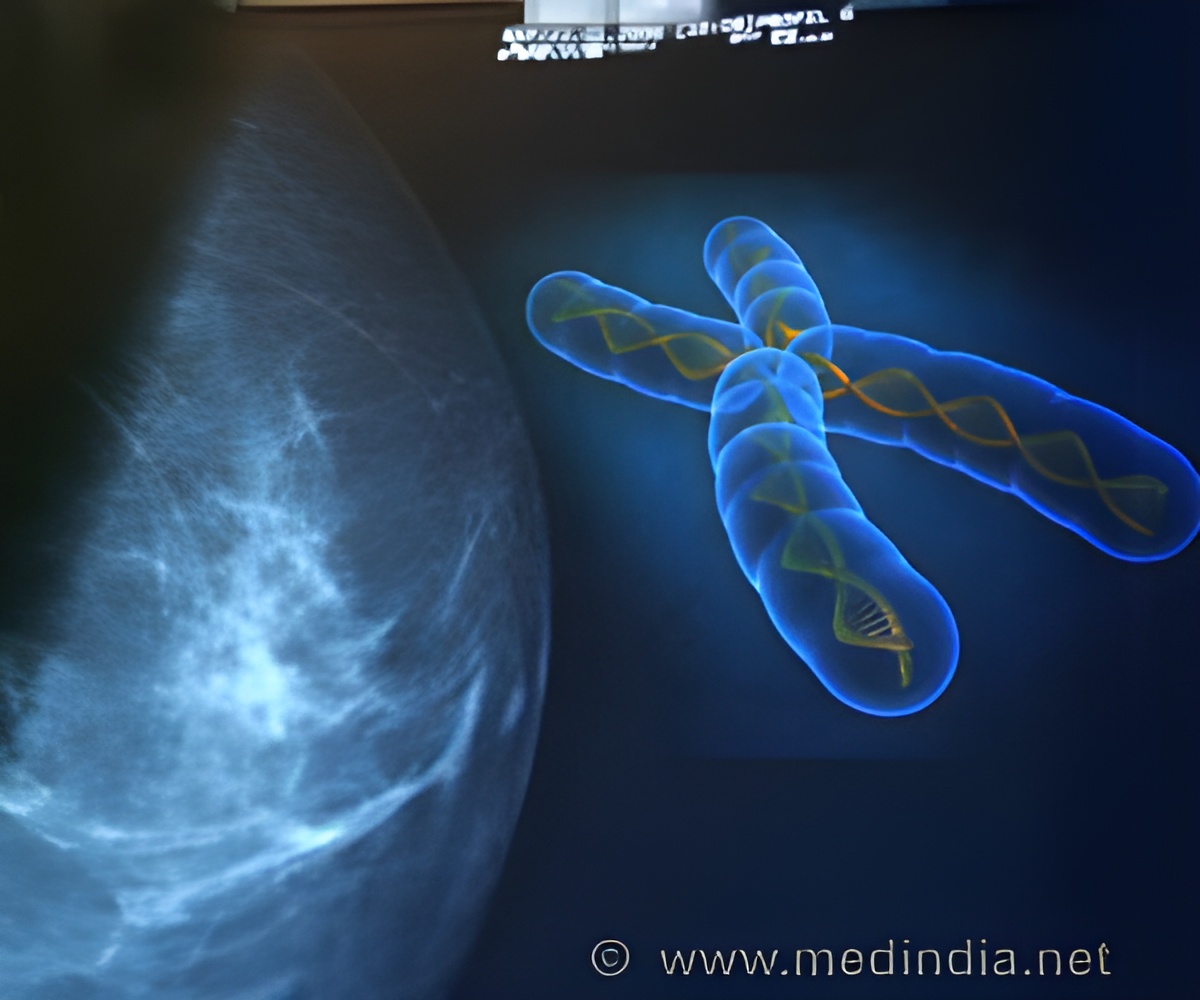Novel mechanism that leads to increased proliferation and transformation of cells in cancer has been discovered.

‘Novel mechanism that leads to increased proliferation and transformation of cells with ultimately resulting in cancer, has been discovered by scientists. This holds great potential for the identification of new therapeutic targets against it for fighting breast cancer and other cancers.
’





"Our perception of the specific multistep molecular mechanistic process which regulates cancer initiation and progression found in this study, may allow us to develop new therapeutic strategies to optimize cancer treatment. While we investigated this mechanism in breast cancer models, we are currently expanding it to other cancer types such as melanoma and glioblastoma" says Prof. Levy, member of the Shraga Segal Department of Microbiology, Immunology & Genetics in the Faculty of Health Sciences as well as The National Institute for Biotechnology in the Negev (NIBN). The Novel Mechanism
The gene regulation is maintained by a set of factors one of them being called methylation in the post-translational modifications. It refers to the addition of a chemical moiety (a methyl group) to a lysine residue (type of amino acid) in a given protein.
A new methylation event, that is catalyzed by the methyltransferase SETD6 on the transcription factor BRD4 has been identified and characterized by the present study. The BRD4 transcription factor holds a fundamental role in the regulation of gene expression thereby proving to be a promising therapeutic candidate to target diverse pathologies.
It is known that the protein synthesis in cells can be abolished by the methylation of BRD4 due to un-balanced gene expression. This may lead to increased proliferation and transformation of cells that would ultimately result in cancer.
Advertisement
Source-Medindia














